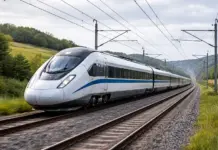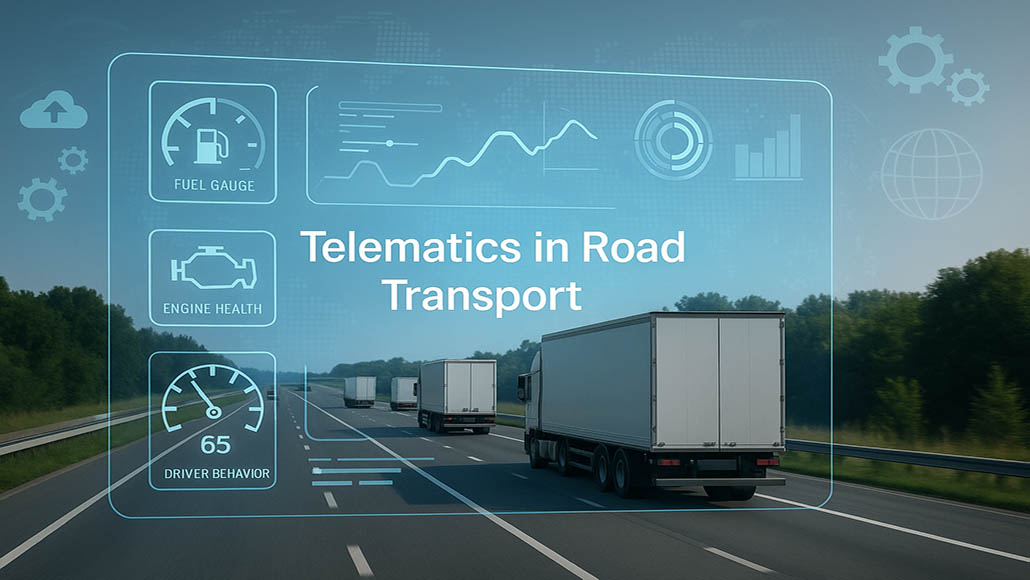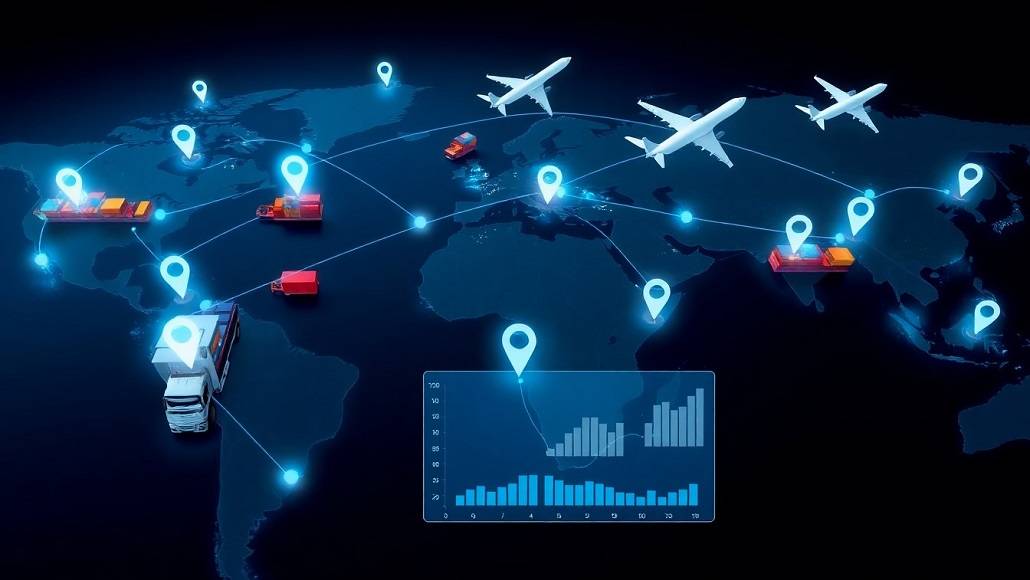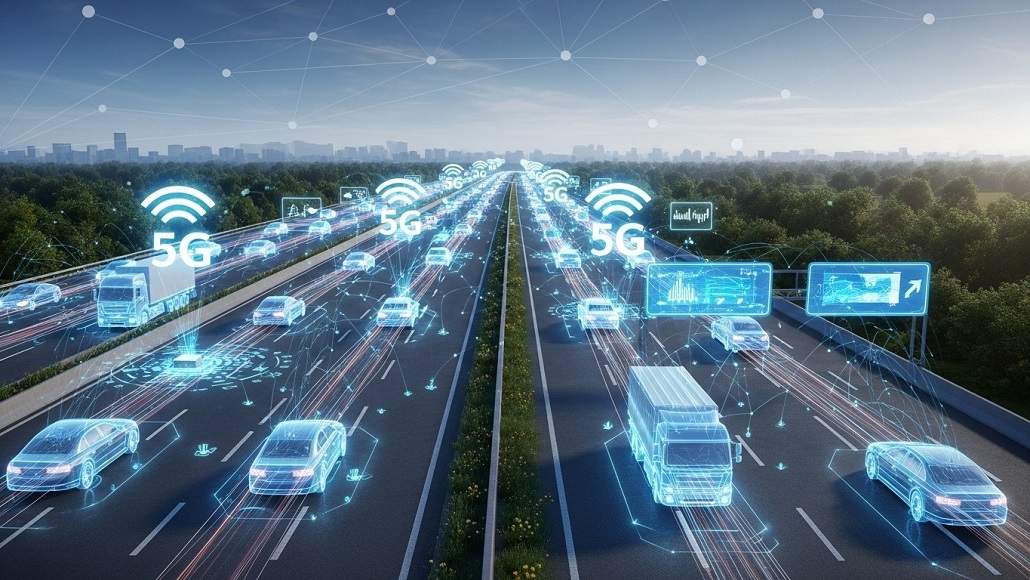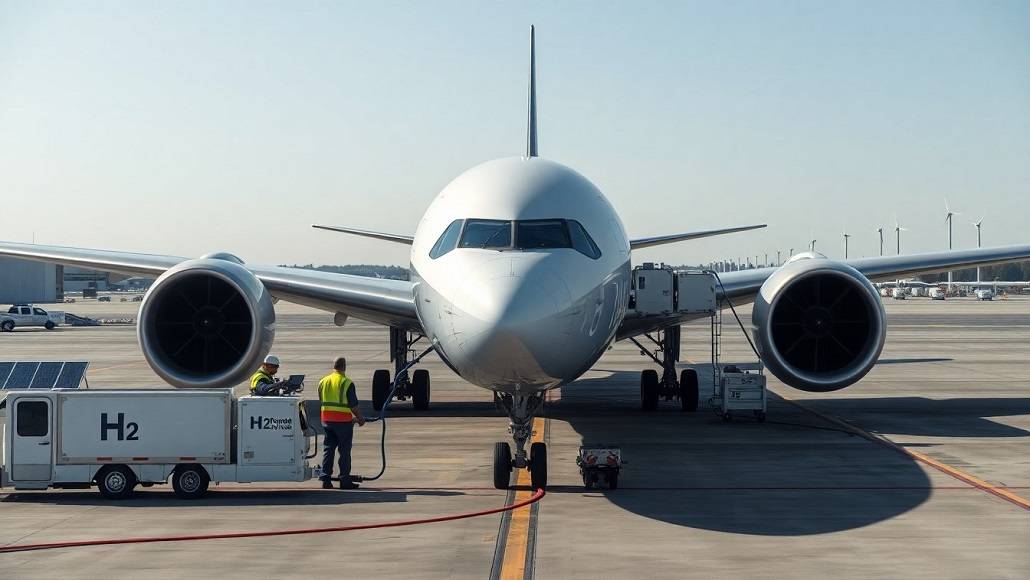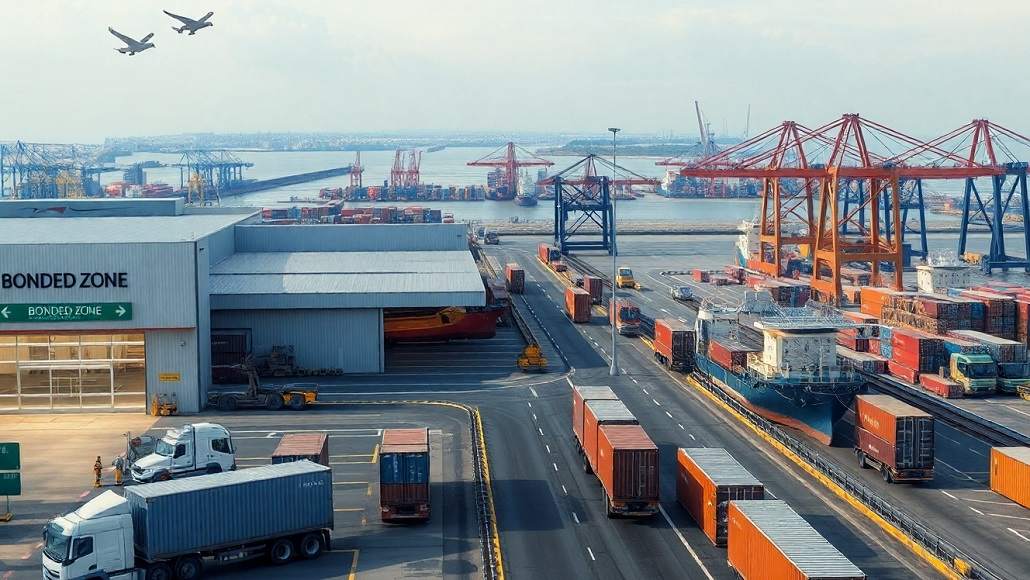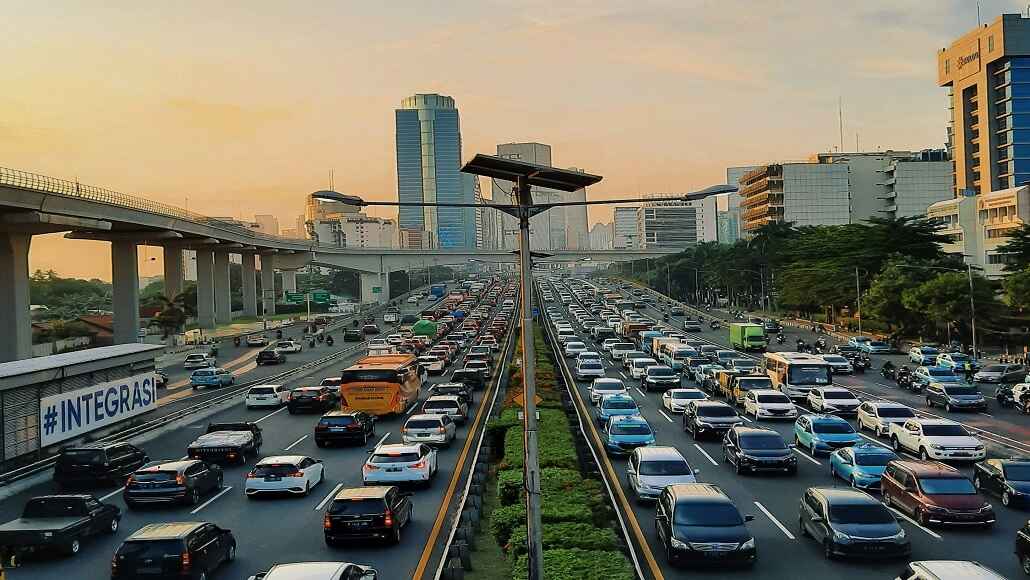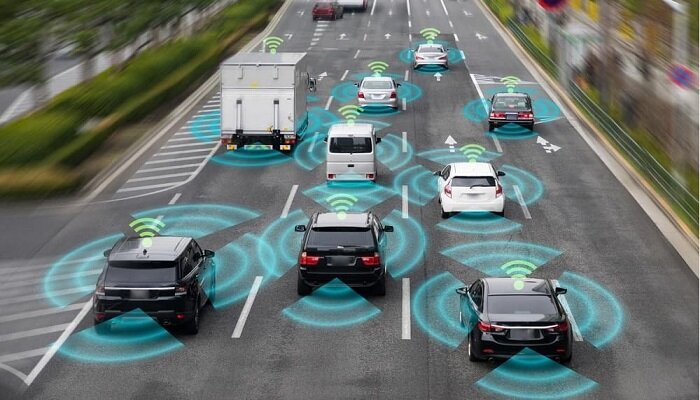Theories and concepts when it comes to artificial intelligence happened to be born in the 1950s. Yet, AI went on to achieve functional applicability only in the last two decades, with the surge of machine learning as well as deep learning. Today, everybody happens to be talking about AI, and the fact is that businesses throughout various industries have gone on to realize that this revolutionary technology can go ahead and drastically raise the speed as well as the quality of their products and services.
At this stage, AI happens to be on its way to creating a revolution as far as the mobility industry is concerned. Cities across the world happen to be constantly suffering due to increasing traffic, limited availability as far as the space in urban areas is concerned, traffic-induced noise, and, of course, pollution. In addition to this, cities are also becoming more and more connected as well as harmonized due to sensors, and hence the possibilities for AI to enhance energy efficiency, liveability, and mobility will go on to grow quite exponentially.
Let us take a look at why AI happens to be the major enabling technology when it comes to creating individualized, environmentally friendly, and autonomous mobility systems.
Artificial Intelligence as well as Mobility Systems
The role of AI in mobility systems will undeniably be tied to the development when it comes to smart cities. Both concepts are indeed becoming a requirement, as the urban population is indeed increasing constantly and consumer needs happen to be changing every day.
According to the research which has been conducted by the United Nations Department of Economic and Social Affairs, 55% of the overall world’s population happens to live in urban areas, and the fact of the matter is that this number is going to surge to 68% by 2050.
This fast increase in population across major cities will go on to lead to pressure when it comes to sustainable environmental initiatives, demands in terms of better infrastructure, and also a better quality of life. It is well to be noted that smart cities which happen to be powered by AI technology, are a part of solution to demanding issues that urban areas face.
In order to function properly, smart cities need to process massive amounts of data, which is also called big data. Big Data can be described in three terms: high-velocity datasets, high volume, or high-variety information assets. High velocity datasets happen to get processed very quickly by way of algorithms; high volume goes on to represent massive datasets; and lastly, high-variety information assets comprise the use of different data sources.
When AI as well as big data collaborate, the results can go on to be more than promising. AI happens to be described as a non-human system that goes on to learn from experience and also imitates human behavior. It can efficiently look into big data and also create predictions and cost-effective solutions so as to drive smart city technologies.
Smart city technologies will indeed play an important role when it comes to fixing the ongoing problems as far as public transit and public safety go. In terms of public transit, cities with large transit infrastructures have gone on to realize that they must go ahead and begin the process in terms of harmonizing the experience of passengers. Whether passengers happen to be traveling by car, scooter, train, or even bus, they can go on to provide real-time data by way of using their mobile apps. Due to this, passengers can communicate delays and breakdowns and, at the same time, find less congested routes.
Once the cities go on to gather as well as analyze public transit usage data, they can make some better decisions in terms of enhancing routes and timings as well as distribute infrastructure budgets in a more accurate way.
Dynamic Pricing
Transportation happens to be heavily tied to intricate hardware-based ticketing systems that do not have flexibility as far as dynamic pricing is concerned. Once the transit operators switch to the software-based platforms, they will be able to gauge how many seats have been booked and how many tickets happen to be sold in real-time. Moreover, operators can cross-reference such kind of data points with the capability of trains as well as buses to propose varied prices all across the day. By way of using AI, operators can go ahead and learn from rider patterns and at the same time use that data so as to form a dynamic pricing strategy.
It is well to be noted that dynamic pricing has been around since the 1970s. It happened to be heavily used by the airlines so as to sell airplane tickets. Unlike fixed prices as far as airplane tickets are concerned, prices happen to be chosen on the basis of current demand along with other elements. Hence, prices can go on to change every day and may even change all day.
Apparently, artificial intelligence can go on to absorb large amounts of data by way of numerous sources, such as historical bookings, pricing information, schedule changes, route information, competitor pricing, as well as web user interaction behavior. Dynamic pricing engines, when mixed with machine learning, can go on to suggest price structures that can be regulated on a dynamic basis.
As far as urban transportation is concerned, they contrarily happen to have fixed prices when it comes to mass transit. Passengers happen to be paying the same price at 1 a.m. as they would end up paying at 1 p.m. or 3 p.m. This system happens to be pretty counterproductive if the objective happens to be to prevent rush-hour crowds as well as create better vehicle distribution all across the day. In order to fix this, transit operators can go on to apply the highest price across the rush hour and, at the same time, also apply lower prices on less busy schedules. Due to all this, it would go on to stimulate drivers so as to ride when the price happens to be lower, and it would go on to have a positive impact as far as urban mobility and also general healthcare are concerned.
The fact is that ride-hailing companies have gone on to implement a similar strategy called surge pricing. In simple words, they raise prices throughout peak demand and then lower them in case there happens to be less demand.
Another very similar concept that has made quite an impact in London is congestion pricing. Drivers get charged a premium tariff as and when they want to push in or out of the city center, and that too during rush hour.
Apparently, it may be really hard to believe, but the fact is that a Swedish railway company, SJ, has been offering dynamic pricing on tickets since 2004. The company has been selling tickets online since 1997, and this is why over 90% of their passengers happen to be buying tickets by way of dynamic pricing.
Artificial Intelligence in the Case of Smart Mobility
The objective of smart mobility systems happens to be to increase safety, decrease traffic congestion, enhance air quality, and also lessen noise pollution as well as costs. Smart mobility systems have gone on to be recognized as essential in terms of decarbonizing the transport sector as well as reaching the EU emission reduction objectives. Apparently, artificial intelligence is indeed proving to be one of the most powerful tools that happens to have the potential to push a sustainable transition to much more efficient, liveable, and human-centric mobility systems.
AI, if applied to urban mobility, can go on to rely on data coming from existing infrastructures such as traffic controller detection, urban centers, video data, fleet data, as well as public and private third-party data. In such a transition, the public sector happens to play an important role in terms of ensuring that AI solutions happen to be secure, inclusive, and also rely on non-biased, fairly shared data that still goes on to preserve citizens’ privacy.
The transition towards AI-driven mobility will go ahead and have a positive effect on all the value chains that are involved. Municipalities as well as private mobility operators will be working together so as to get closer to this evolution.
Mobility-as-a-Service
MaaS systems have gone on to prove to be a great choice for personal transport. These systems go ahead and offer different transportation means, and users can go ahead and book, manage, and pay by way of their smartphones. Moreover, MaaS is also proving to be a major player when it comes to reducing traffic congestion, helping vehicle-free cities, and system-level optimization in terms of mobility investments.
When in case powered by AI controllers, MaaS systems can go ahead and optimize, monitor, and coordinate fleets, and at the same time, go on to offer great choice to individual users. What’s more is that AI-based MaaS can go ahead and enable ride-sharing users so as to share autonomous vehicles throughout an optimized route in a much cheaper as well as a safer way.
The future happens to be here
Self-driving vehicles happen to be finally making their way into the transportation sector. But the majority of these kinds of vehicles still happen to be in the pilot projects, there are some companies that have already rolled out their vehicles on the public roads.
Computer vision as well as deep learning systems happen to be the foundation of self-driving vehicles. They happen to be responsible as far as processing and giving context to all the data that is received from the sensors is concerned. Self-driving cars go ahead and collect data from numerous sources like cameras, radars, LIDAR, etc.
As AI technology continues to evolve, self-driving cars may also become increasingly popular among consumers.
So what is the next step?
As AI as well as machine learning go on to evolve, there happens to be no doubt that the mobility industry is going to be changed forever. In the times to come, AI assistants will go ahead and organize their trips and instantly help in finding, booking, as well as paying for the best transport choice and that too depending upon the situation and requirements.
Mobility, as of now, happens to be a fast-paced phenomenon that one has to be ready for in terms of the next change.
These happen to be just a few novelties that are worth mentioning, and the certainty is that mobility in this era happens to be the real booster when it comes to accessibility and flexibility.
The fact is that artificial intelligence will not only change the way one travels, but will also go on to revolutionize lives in urban areas by improving energy efficiency as well as overall life quality.






